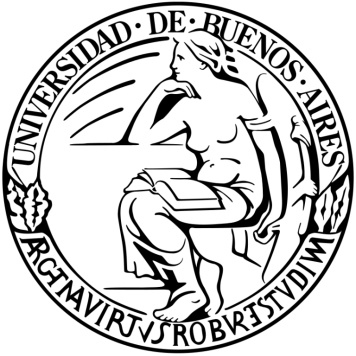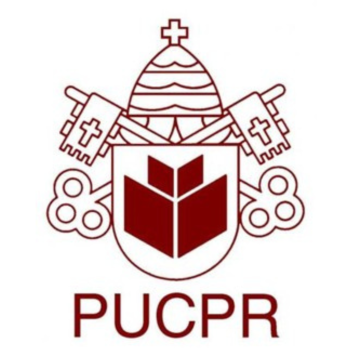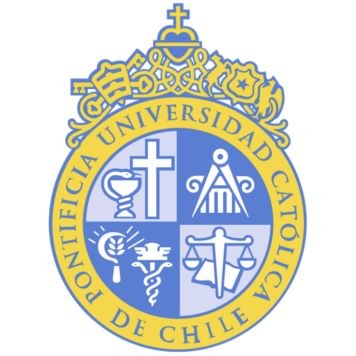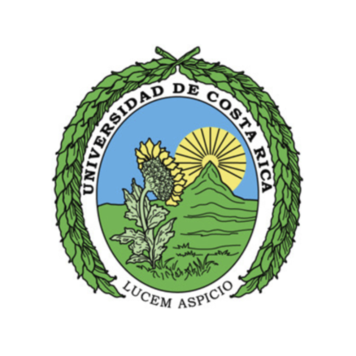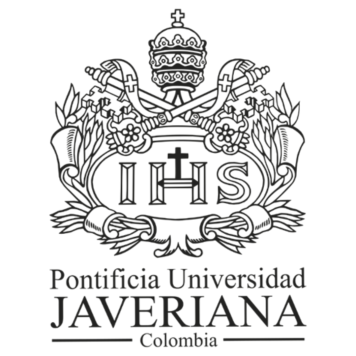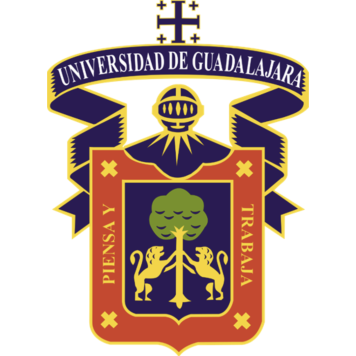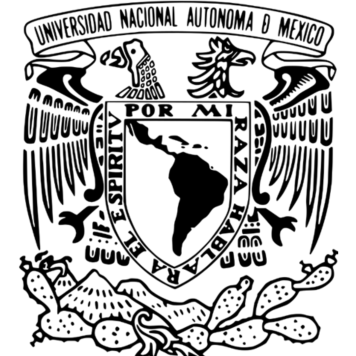
HCIAS Collaboration Network
Building knowledge through partnership
At the HCIAS, we understand that the complexities of the Ibero-American macroregion demand a plurality of voices, perspectives, and approaches. We believe that meaningful progress in research, study and teaching arises from dialogue and exchange across disciplinary, institutional, and national borders to engage in joint projects, co-authored publications, and shared events. We collaborate with individual scholars from around the world whose research aligns with our regional and thematic priorities and actively partner with other research units of Heidelberg University, national and international academic as well as cultural institutions to bring together diverse perspectives and expertise. The resulting HCIAS cooperation network opens new pathways for research and teaching and contributes to a deeper understanding of Ibero-America and its dialogue with other world regions.
HCIAS Cooperation Partners at Heidelberg University
Within Heidelberg University, the HCIAS partners with different faculties, institutes and departments, as well as central research institutions of the humanities, the social sciences, and the environmental sciences to foster a dialogue across disciplines that enriches our academic community and deepens our understanding of Ibero-America and its entanglements with other world regions. The result of this intra-university collaboration are joint research projects, future-oriented academic programs, and workshops, summer schools or public lecture series that focus on issues that are particularly relevant, but not exclusively, to the Ibero-American macro-region.
HCIAS Professorships: Collaboration with Faculties and central research institutions
The HCIAS full professors, junior professors and bridge professors are members of different faculties of the humanities and social sciences of Heidelberg University and collaborate with several university institutes and centers at Heidelberg. These connections strengthen the interdisciplinary character of the HCIAS as a central research institution essentially.
Cooperation in the field of teaching
The HCIAS provides a highly interdisciplinary and international study environment. To ensure that its students benefit from a wide range of perspectives and expertise across disciplines, collaboration within the HCIAS master’s program ‘Communication and Society in Ibero-America’ includes the following faculties and institutes of the social sciences and humanities at Heidelberg:
Table
Bridging Heidelberg and Ibero-America
The HCIAS is Heidelberg's cornerstone for building bridges to Ibero-America in research, teaching, and knowledge transfer. The HCIAS expands and strengthens the University's academic networks in Latin America and complements them with region-specific research expertise. In order to promote academic dialogue on, with and in Ibero-America between the region and our university, we partner structurally and in terms of infrastructure with the Heidelberg Center Latin America (HCLA) in Santiago de Chile. We supplement Heidelberg University's campus in Latin America with interdisciplinary perspectives from the social sciences and humanities in research and teaching, and initiate new thematic foci in collaboration with local universities, e.g., in the fields of communication and sustainability research.
Academic and cultural dialogue
With the goal to build structures at Heidelberg University that focus on the social, cultural, and linguistic complexity of the macro-region of Ibero-America, the HCIAS also collaborates with non-university partners in networks that promote both academic and cultural dialogue with specific areas of this macro-region. There are two units under the roof of the HCIAS that come out of these partnerships and that are integrated into a worldwide network of similar structures: with a focus on the region of Galicia, the Centro de Estudos Galegos (CEG), supported by the Ministry of Education, Language and Youth of Galicia, Spain, and part of the Rede de Centros de Estudos Galegos network; and with a focus on the lusophone regions of the world and particularly Brazil the Leitorado Brasileiro Guimarães Rosa Heidelberg, funded by the Brazilian Ministry of Foreign Affairs and part of the Instituto Guimarães Rosa network.
Besides, through collaboration with the Instituto Cervantes Madrid, the HCIAS is promoting, since 2020, a series of demolinguistic studies on Spanish, and is, since 2023, home of the research unit Observatory of Spanish in Europe (OSE).
Partner universities in Ibero-America
To promote joint research and facilitate study or research stays abroad, the HCIAS has established partnerships with universities in Ibero-America. Together with our institutional partners we foster scholarly exchange to jointly generate knowledge in the field of interdisciplinary Ibero-American Studies, while also supporting the development of intercultural competencies among students. We maintain cooperation agreements with universities in Argentina, Brazil, Chile, Costa Rica, Mexico, and Spain.
Table
Universidade de São Paulo, Brazil
(university-wide collaboration)
Universidade Federal do Rio Grande do Sul, Brazil
(university-wide collaboration)
Pontificia Universidad Católica de Valparaíso, Chile
(university-wide collaboration)
Pontificia Universidad Javeriana, Colombia
(university-wide collaboration)
Universidad de Guadalajara, Mexico
(university-wide collaboration)
Universidad Nacional Autónoma de México
(university-wide collaboration)
Area studies associations
The HCIAS holds active memberships in several international area studies associations. These affiliations contribute to the institutional networking of the HCIAS worldwide and enable our researchers to engage in a dynamic interdisciplinary and internationally visible network.










